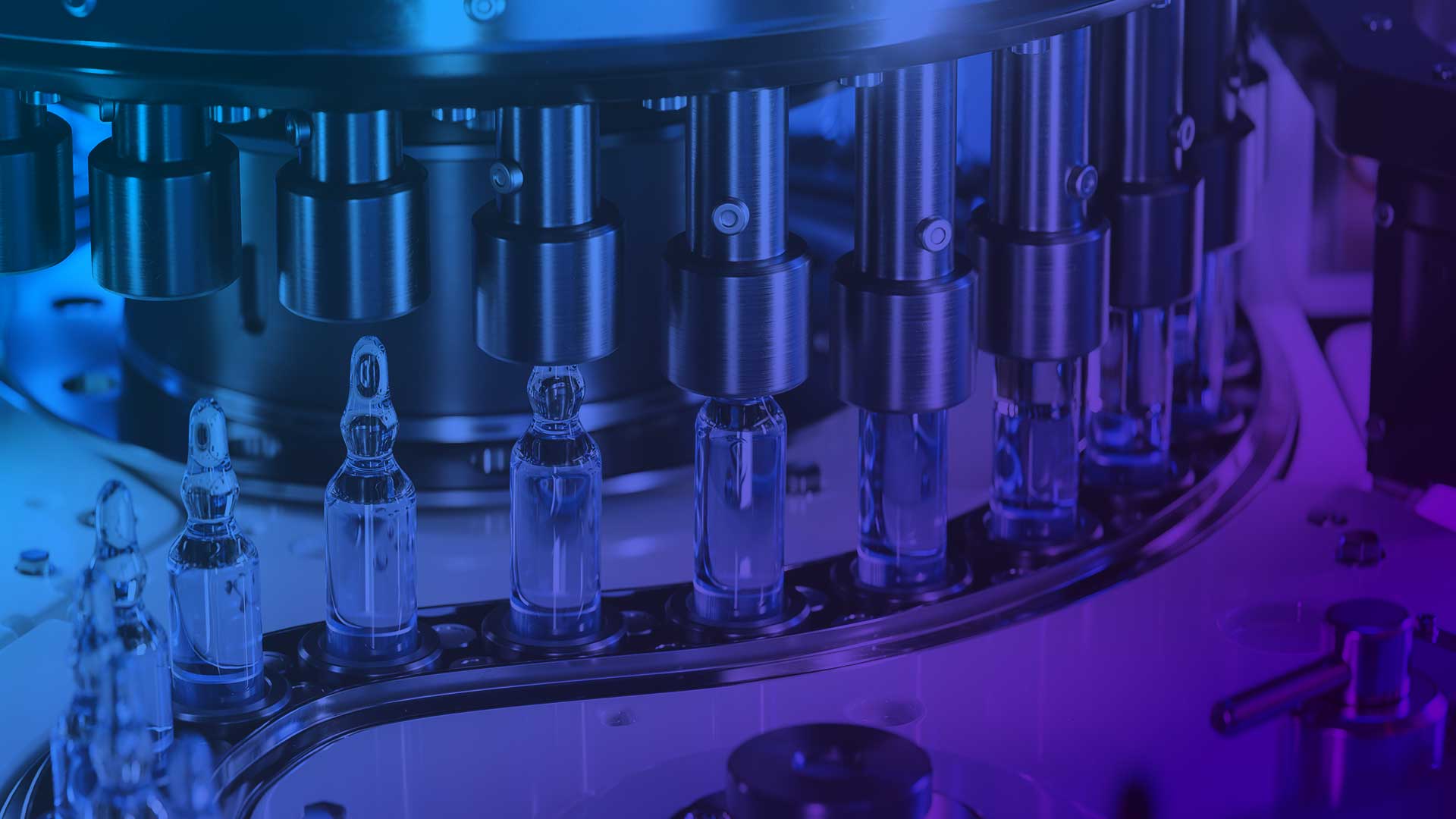Data integrity is the linchpin of pharmaceutical manufacturing under Current Good Manufacturing Practices (cGMP). It ensures that data generated throughout the manufacturing process is accurate, reliable, and secure. In this comprehensive guide, we explore the critical role of data integrity in cGMP compliance. We’ll begin by providing a detailed explanation of cGMP, followed by the importance of data integrity, common challenges, best practices, regulatory expectations, and concluding with the significance of this commitment.
Understanding cGMP: Current Good Manufacturing Practices
cGMP, or Current Good Manufacturing Practices, is a set of regulations established by regulatory authorities, such as the FDA in the United States, to ensure the quality, safety, and efficacy of pharmaceutical products. These regulations provide a comprehensive framework that pharmaceutical manufacturers must follow during the production, testing, and distribution of drugs and biologics. cGMP guidelines cover various aspects of the manufacturing process, including:
- Facility Design and Maintenance: cGMP regulations require pharmaceutical facilities to be designed, constructed, and maintained in a way that prevents contamination and ensures the consistent production of high-quality drugs.
- Personnel Training: Adequate training and qualification of personnel are essential to ensure that employees understand and adhere to cGMP standards in their roles.
- Documentation: Comprehensive and accurate record-keeping is crucial to trace all steps in the manufacturing process, including the receipt of raw materials, product formulation, testing, and packaging.
- Quality Control: Rigorous quality control measures are in place to test and verify the identity, strength, quality, and purity of drug products.
- Process Validation: Manufacturers must validate and monitor manufacturing processes to ensure they consistently produce products meeting quality and safety requirements.
- Equipment Validation: Equipment used in manufacturing and testing processes must be validated to ensure accuracy and reliability.
- Raw Material Control: Stringent controls are imposed on the sourcing and handling of raw materials to prevent contamination and ensure product quality.
- Finished Product Testing: Pharmaceutical companies must conduct thorough testing of finished products to ensure they meet established specifications.
- Labeling and Packaging: Proper labeling and packaging practices are crucial to prevent mix-ups and ensure product integrity.
Importance of Data Integrity within cGMP
Data integrity within cGMP is paramount for the following reasons:
- Regulatory Compliance: Accurate and reliable data is central to demonstrating compliance with cGMP regulations, which are legally mandated by regulatory authorities.
- Product Quality and Safety: Ensuring data integrity directly contributes to the production of safe, effective, and high-quality pharmaceutical products.
- Trust and Reputation: Maintaining data integrity fosters trust among consumers, healthcare providers, and regulatory bodies. Reputation damage can have long-lasting consequences.
Common Challenges and Pitfalls
Achieving data integrity in cGMP compliance can be challenging due to various factors. Recognizing and addressing these challenges is vital:
- Lack of Training: Insufficient training of personnel on data integrity principles and practices can lead to errors. Adequate training and continuous education are critical.
- Manual Data Entry: Manual data entry is susceptible to human errors, transcription mistakes, and data manipulation. Automation can reduce these risks significantly.
- Inadequate Documentation: Poor record-keeping practices can result in missing or incomplete data, making it impossible to verify the manufacturing process’s accuracy and compliance with cGMP standards.
Best Practices for Data Integrity
To maintain data integrity in cGMP compliance, consider implementing the following best practices:
- Training and Education: Regularly train your staff on data integrity principles and reinforce the importance of accurate record-keeping. Establish a culture of data integrity within your organization.
- Automation: Implement automated data capture and recording systems to minimize the risk of human error. These systems offer real-time data monitoring and reporting capabilities.
- Access Controls: Restrict access to critical data to authorized personnel only, preventing unauthorized alterations. Implement user authentication and role-based access controls.
- Audit Trails: Implement robust audit trails to track changes to data, ensuring transparency and accountability. This is especially important for electronic records and signatures, as per 21 CFR Part
- Data Backups: Regularly back up data to prevent loss due to technical failures or data corruption. Implement a data recovery plan to ensure data availability at all times.
Regulatory Expectations
Regulatory authorities, including the FDA, have explicit expectations regarding data integrity. Compliance with 21 CFR Part 211, which addresses cGMP regulations for finished pharmaceuticals, and 21 CFR Part 11, which specifically addresses electronic records and signatures, is paramount. Rigorous adherence to these regulations is essential to avoid regulatory actions.
Conclusion
Maintaining data integrity in cGMP compliance is not merely a regulatory requirement; it’s a fundamental necessity for pharmaceutical manufacturers. The consequences of data integrity breaches can be severe, both in terms of regulatory actions and patient safety. By implementing best practices, investing in staff training, and leveraging technology, pharmaceutical companies can ensure data integrity throughout the manufacturing process. This commitment not only meets regulatory expectations but also upholds the highest standards of product quality and patient well-being.
For more information, guidance, and solutions on cGMP compliance and data integrity, contact ANT Solutions. We are your trusted partner in pharmaceutical manufacturing excellence.
Products related to this article

Electronic Batch Records (EBR) Software
Electronic Batch Records (EBR) Software: A Digital Solution for Streamlined Batch Management Electronic Batch Records (EBR) software replaces traditional paper-based batch records, offering digital guidance

Laboratory Information Management System (LIMS System)
Laboratory information Management System (LIMS) LIMS automates laboratory operations, improving workflow efficiency. Book a Presentation ANT Solutions LIMS ANT Solutions brings you the most comprehensive

MES System – Manufacturing Execution System – ANT Solutions
System MES – Manufacturing Execution System 0 % operating time increase 0 % defects quantity reduction 0 % material consumption reduction 0 % changeovers time

